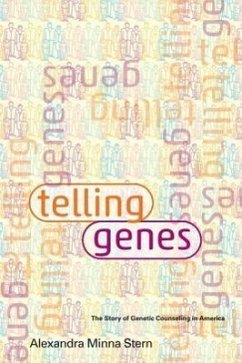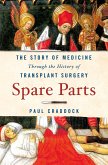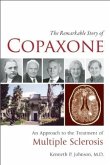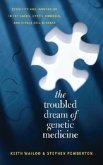Alexandra Minna Stern traces the development of genetic counseling from the eugenics movement of the early twentieth century to the current era of human genomics. Drawing from archival records, patient files, and oral histories, Stern presents the fascinating story of the growth of genetic counseling practices, principles, and professionals. "The best and most complete exploration of the history of genetic counseling to date. Stern's masterful account includes a lucid analysis of incendiary debates involving race, disability, and abortion that have surrounded the field of genetic counseling and deftly navigates the troubled historical waters between genetics and eugenics."--Paul A. Lombardo, author of Three Generations, No Imbeciles: Eugenics, the Supreme Court and Buck v. Bell "Stern's beautifully nuanced analysis illuminates the legacies and challenges of a profession on the front lines of genomic medicine. This groundbreaking book respects the voices of practitioners, clients, and critics alike and is essential reading for anyone with a problematic genetic inheritance--which is all of us."--Alice Wexler, author of The Woman Who Walked into the Sea: Huntington's and the Making of a Genetic Disease "Alexandra Stern has written a rich and thorough history of the development of genetic counseling as a profession. It will be widely received as a definitive work that captures and explains some of the inherent tensions in the role of the genetic counselor, with a critical but engagingly sympathetic analysis."--Troy Duster, Chancellor's Professor and Senior Fellow, Warren Institute on Law and Social Policy, University of California, Berkeley








